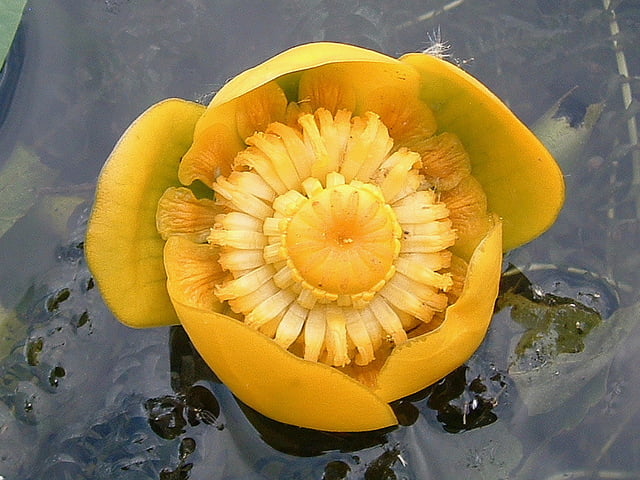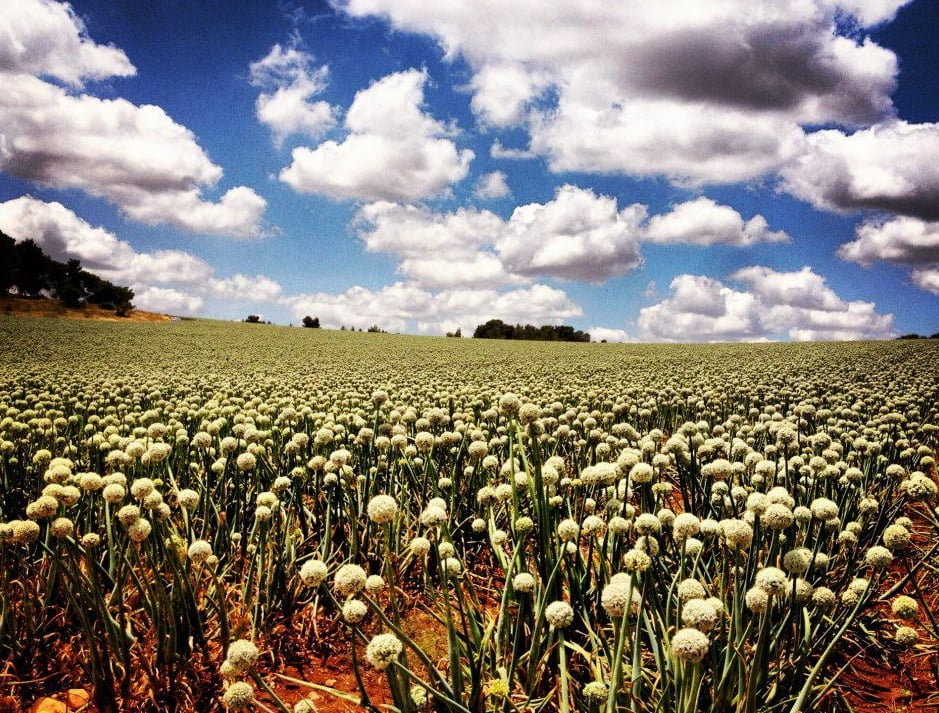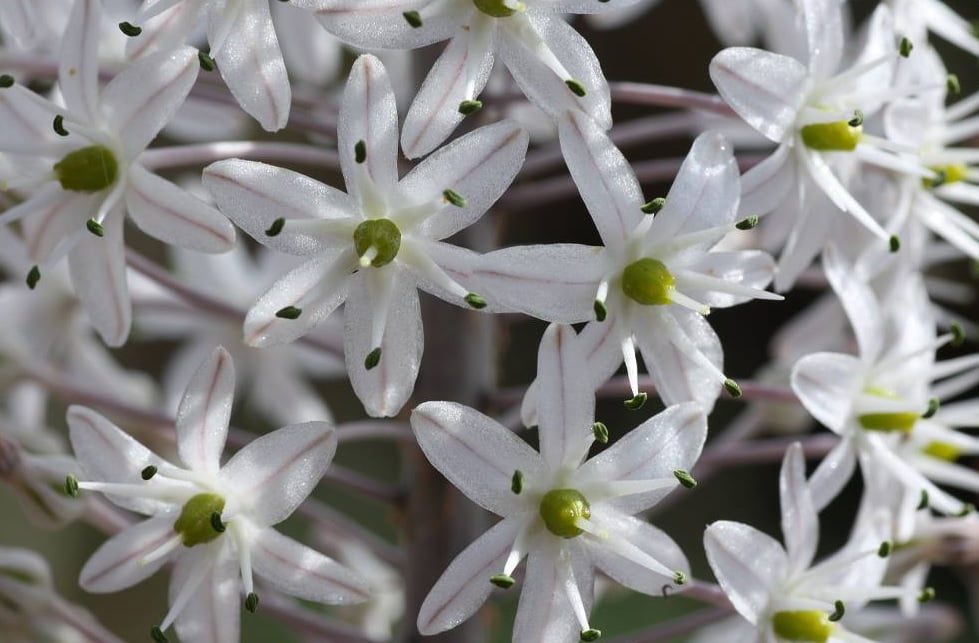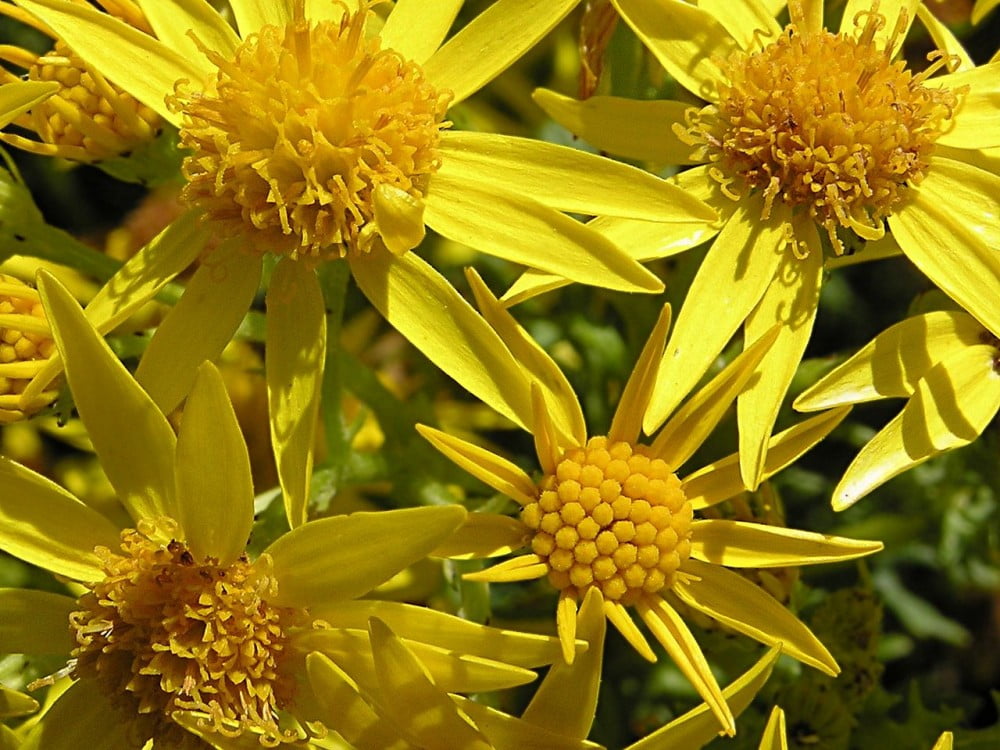Tropical rain forests are home to plants that have been used in 65 percent of promising anti-cancer drugs. Now, it turns out that medicinal flowers grow in the Mediterranean climate as well. In the last three years, Israeli and Palestinian researchers have joined efforts to discover the untapped potential of plant diversity in the Mediterranean Basin. Throughout their study, the researchers gathered plants from different regions across Israel and the Palestinian Authority, and discovered plant properties to be used in the treatment of diabetes, infections and viral diseases, but also for cosmetic uses.
Anti-viral, anti-bacterial and anti-cancer properties
The collaborative research project, named Bio-Xplore, was led by Professor Bertold Fridlender and Dr. Gili Joseph from Hadassah Academic College in Israel. Under their instruction, Israeli, Palestinian, Greek and Spanish researchers screened thousands of plant samples and analyzed plant properties such as antioxidant, anti-viral, anti-bacterial, anti-cancer and anti-fungal agents.
SEE ALSO: Yellow Water Lily May Hold Key For Cancer Treatment
Much of the information about the medicinal uses of plants was based on folklore and traditional medicine. Joseph spoke to members of Arab communities, who passed information from generation to generation, about these medicinal plants. Her goal was to further these traditions and use science to identify the materials and active ingredients with health benefits, which led her to study more than 4,000 plant samples with a wide range of medicinal activities.
“We need to take the results from the screening of plant species and continue investigating their uses at different concentrations, while verifying that they are nontoxic,” Joseph tells NoCamels. “If we are able to identify compounds that are active, we can develop new drugs and even over- the- counter products.”
A bouquet of flowers to treat a range of diseases
During the study, researchers discovered that what they needed to treat chronic illness was at the tips of their fingers. Diseases such as diabetes, which affects over 347 million people worldwide according to the World Health Organization, can be addressed using the rich plant diversity of the region. An example of such, the Senecio flower, a genus of the daisy family, is a plant found in almost every field in Israel. It was found to have properties essential to the treatment of Type 2 Diabetes.
According to Fridlender, his research will give some new leads on molecules that can be developed into new drugs. “These materials in plants can be used in cosmetics, the veterinarian industry, and as food additives,” he tells NoCamels. “They open up a number of possibilities for enhancing human health and wellness.”
Viable alternative to synthetic chemicals
Despite the medicinal treasures found in nature, in recent years many pharmaceutical companies have chosen to stick to synthetic chemicals in their products. This is because they are not as difficult to acquire and test, unlike plant species which may be found in remote regions or may require cooperation with native populations who have used them traditionally for centuries.
Sign up for our free weekly newsletter
SubscribeIn order to reach out to native populations, a rare collaboration was created and funded by the European Union, which aimed to encourage cooperation among various Mediterranean countries. The 2 million euro grant from the EU was given for the advancement of pharmaceutical research, but also in order to fuel regional communication, as well as economic development and wellbeing.
SEE ALSO: Architecture Firm Builds Bridges Between Israelis And Palestinians, Literally
The project tackled economic, environmental and even political sustainability. At the same time, it provided groundbreaking information that will be used as a basis for further research in treatment of chronic illnesses, viruses, and even cancer. The research is expected to be brought to practice in the pharmaceutical industry within a few years.
An untapped national treasure
The future of the project lies in further examinations of the anti-bacterial properties of plants, but also in establishing relationships with the local industry and increasing scientific collaboration across borders.
In addition to the EU grant, the researchers have been awarded a grant by the Israeli Ministry of Health to create a center of excellence which will develop antibiotics from plants – a promising project that is expected to reach scientific breakthroughs, according to the research team. The center will also further multinational collaborations, much like the Bio-Xplore project.
“We have a national treasure that is simply unused,” Fridlender says about medicinal flowers. “We need to develop a cultivation system for the plants to be converted into medicinal products, while also protecting the environment.”
Commenting on the cross-cultural collaboration, Fridlender says: “Even though we were all exposed to the political issues, we were able to overcome those issues and work for common objectives. The language of science allowed us to create a bridge of communication.”

Photos: Tony Wills, Marcia Stefani, Society for the Protection of Nature in Israel/Nadav Arama, Taki Steve
Related posts

Israeli Medical Technologies That Could Change The World

Harnessing Our Own Bodies For Side Effect-Free Weight Loss

Missing Protein Could Unlock Treatment For Aggressive Lung Cancer







Facebook comments